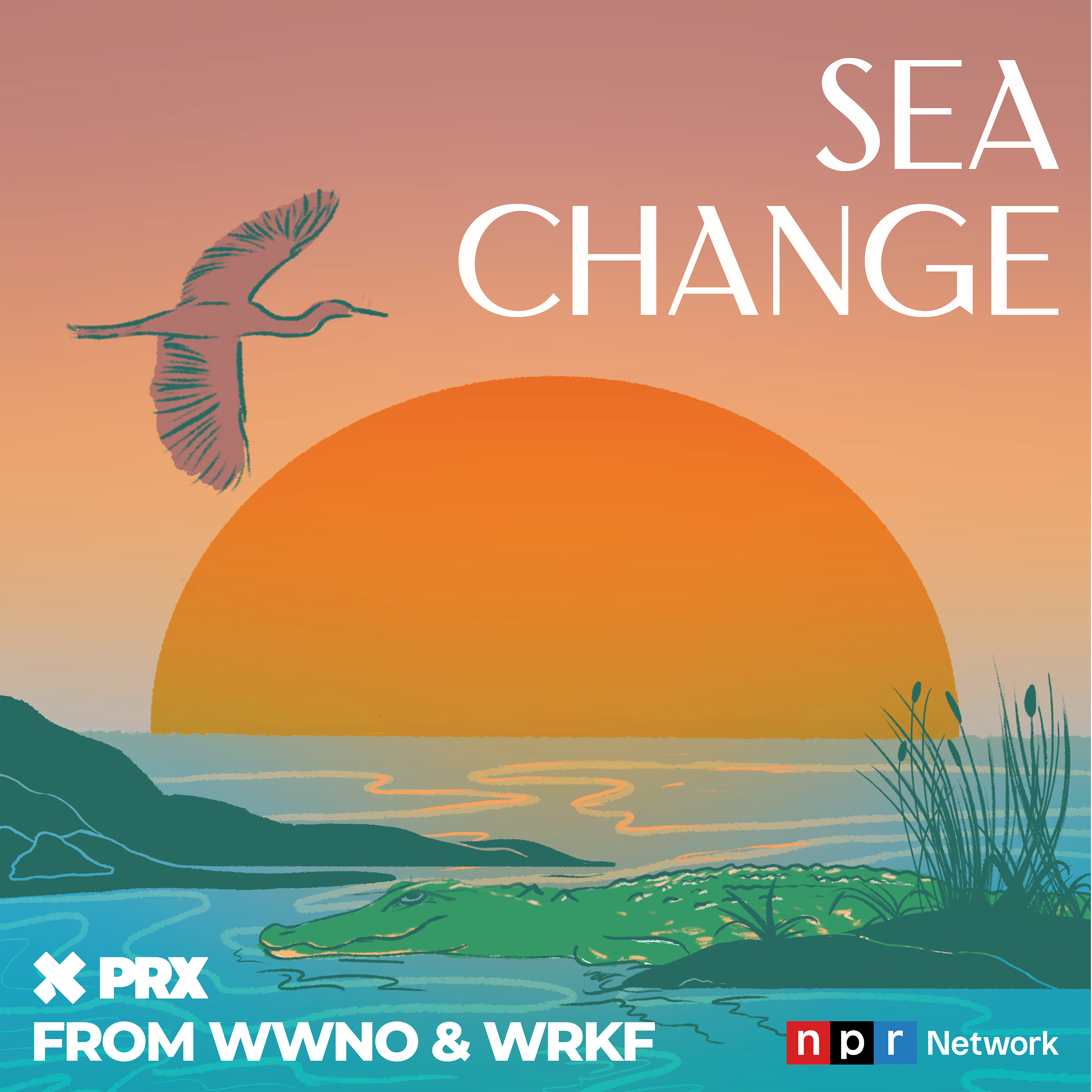(Plant)ation Country
Description
Louisiana is home to the country's largest hotspot for toxic air — an industrial corridor nicknamed “Cancer Alley.” More than 150 petrochemical plants line the Mississippi River between New Orleans and Baton Rouge. Amid the boom, many Black communities live with a disproportionate amount of pollution.
But years of protest have begun to bear fruit. We travel the Mississippi River to learn what has allowed the industry to flourish on its banks, see how the tide might turn in one neighborhood’s fight for clean air, and ask what’s next for a growing environmental justice movement as federal regulators take firmer action.
Find more information on local activists' tug of war with Denka Performance Elastomers and other environmental justice updates here.
To hear a reflection from Louisiana's former Department of Environmental Quality Secretary, Chuck Carr Brown, listen here.
Explore how the EPA is looking at environmental justice, their pending civil rights investigations and their updates on Denka and air monitoring at these links. Find a copy of the EPA's letter of concern to Louisiana's Department of Health and Department of Environmental Quality here.
You can find Denka Performance Elastomers website here.
A special thanks to members of the Concerned Citizens of St. John Robert Taylor, Mary Hampton, and Larry Soraporu for being so generous with their time. Find their group here.
Hosted by Halle Parker and Kezia Setyawan.
Editing help was provided by Carlyle Calhoun, Rosemary Westwood Priska Neely, Patrick Madden, and Eve Abrams. Our sound designer is Maddie Zampanti.
Sea Change is a production of WWNO and WRKF. We are part of the NPR Podcast Network and distributed by PRX.
More Episodes
Today, we hear the story of one fish and its journey to fame: the red drum, or more commonly known as the classic redfish. And whether the decline of this fish is a warning of a bigger collapse.This episode was produced in collaboration with the Food & Environment Reporting Network, an...
Published 05/15/24
Published 05/15/24
The ocean is rising across the South faster than almost anywhere else in the world. Today, Eva Tesfaye, a reporter for Sea Change, talks to the two journalists behind the Washington Post’s new series “The Drowning South.” Chris Mooney and Brady Dennis discuss their data-driven reporting, which...
Published 05/10/24


